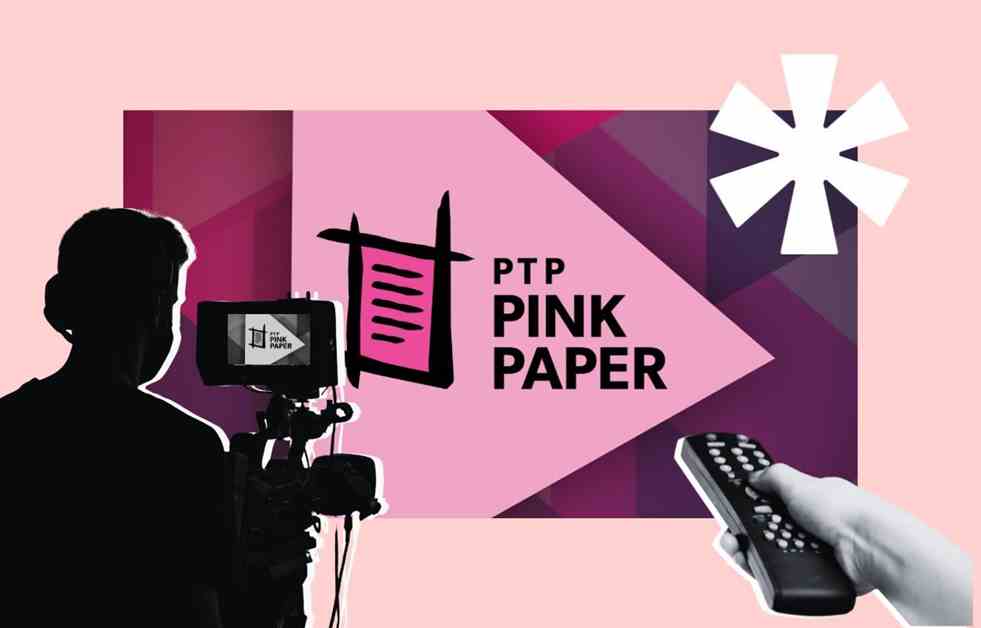LGBTQ2S+ Representation in Canadian Media
A recent report titled ‘PTP Pink Paper’ sheds light on the state of LGBTQ2S+ representation in Canadian media, emphasizing the need for more inclusive storytelling in movies, TV, streaming, and video games. Commissioned by Pink Triangle Press, the report is based on surveys and interviews with industry professionals in Canada, as well as feedback from Xtra’s annual reader survey.
According to the findings, 85 percent of industry workers believe that the onscreen portrayal of LGBTQ2S+ characters has improved in the past five years. However, over 90 percent agree that substantial change can only happen if decision-makers take proactive steps to promote diversity in hiring and advancement. Despite some progress, 82 percent acknowledge the challenges faced by queer and trans professionals in reaching senior positions within the industry.
The report highlights the lack of LGBTQ2S+ representation at the highest levels of the industry, such as C-suite executives and showrunners, which impacts the narratives being told and the opportunities available for diverse voices. The importance of representation is underscored by 93 percent of surveyed Canadian industry professionals, who believe that it fosters understanding and acceptance in society.
At the Banff World Media Festival, the PTP Pink Paper findings will be presented, with industry experts discussing the implications of the report. Panelists include PTP CEO David Walberg, actress Emily Hampshire, producer Michelle Mama, actress Cassandra James, and writer Alexander Nunez. The report aims to position Canada as a global leader in authentic and diverse storytelling across various media platforms.
One significant aspect highlighted in the report is the disparity in representation among different LGBTQ2S+ identities, with Two-Spirit, trans, gender-diverse individuals, and people of color being the most underrepresented groups. The report points to successful models like CBC’s ‘Sort Of’ as examples of inclusive storytelling that can inspire more diverse narratives in the industry.
Supported by the Canada Media Fund and Telefilm Canada, the research for the PTP Pink Paper was conducted in both English and French, with the hope of driving positive change in the Canadian entertainment landscape. Through increased representation and support for queer and trans creators, the industry can strive towards a more inclusive and dynamic portrayal of diverse identities on screen.




